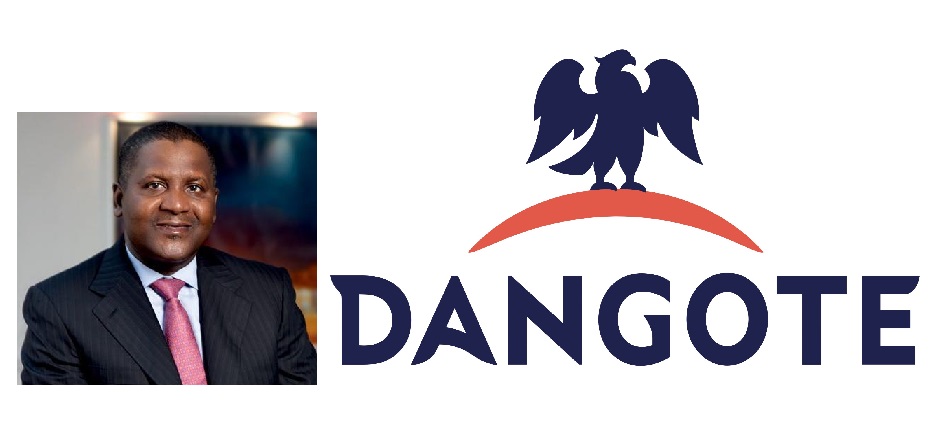What’s Happening?
The Nigeria Security and Civil Defence Corps (NSCDC) has called for the rapid implementation of the Safe Schools Initiative across all states, warning that over 80% of Nigerian schools remain vulnerable to attacks. Dr. Abubakar Ahmad Audi, the NSCDC Controller General, made this appeal during a visit to Jigawa State, where he commended Governor Umar Namadi for his exemplary leadership in championing the initiative.
The Safe Schools Initiative, launched in response to the tragic abduction of the Chibok girls in 2014, aims to protect schools from attacks and ensure a safe learning environment for children. Despite its adoption by 195 countries and Nigeria’s formal commitment under former President Muhammadu Buhari, progress has been slow in many states.

Why This Matters
The safety of schools is critical to ensuring access to education and securing the future of Nigeria’s children. Attacks on schools, particularly in northern Nigeria, have led to the closure of hundreds of schools, disrupted learning for millions of children, and increased the number of out-of-school children.
The NSCDC’s warning highlights the urgent need for action to protect schools and prevent further attacks. Without safe learning environments, Nigeria risks losing a generation of children to illiteracy, poverty, and insecurity.
Jigawa State: A Model for Others
Jigawa State has emerged as a leader in implementing the Safe Schools Initiative. Governor Umar Namadi’s administration has established a Safe Schools Coordination Centre, provided two Hilux vehicles, four motorcycles, and items worth over N400 million to enhance school security.
The state government has also recruited over 9,900 security guards and spent more than N400 million on fencing public boarding schools. These efforts have significantly improved school safety and contributed to reducing the number of out-of-school children in the state.
The Bigger Picture: A Call to Action
While Jigawa State’s efforts are commendable, the NSCDC’s appeal underscores the need for other states to follow suit. The Safe Schools Initiative is not just about protecting schools from attacks—it’s about ensuring that every child has access to quality education in a safe and secure environment.
The initiative also has broader implications for national security and development. By protecting schools, Nigeria can reduce the number of out-of-school children, curb the spread of extremism, and build a more prosperous future.
A Deeper Dive: The Impact of School Attacks
Attacks on schools have had devastating consequences for Nigeria’s education system. In addition to the loss of lives and property, these attacks have led to the closure of hundreds of schools, particularly in northern Nigeria.
The psychological impact on students, teachers, and parents cannot be overstated. Many children are too afraid to return to school, while others have been forced to drop out altogether. This has contributed to Nigeria’s out-of-school crisis, which is one of the worst in the world.
The Role of the Safe Schools Initiative
The Safe Schools Initiative was launched in response to the Chibok girls’ abduction in 2014, which sparked global outrage and highlighted the vulnerability of Nigerian schools. The initiative aims to protect schools from attacks by improving security infrastructure, training security personnel, and engaging local communities.
While progress has been made in some states, much more needs to be done to ensure that all Nigerian children can learn in a safe and secure environment.
Read also: “NSCDC Announces Fresh Recruitment, Set to Bolster Security Workforce”
The Way Forward
The NSCDC’s call for action is a reminder that school safety is not just a government responsibility—it’s a collective one. Parents, teachers, communities, and international partners all have a role to play in protecting schools and ensuring that every child has access to education.
By working together, we can create a future where Nigerian children can learn without fear and realize their full potential.
What’s Next?
The NSCDC’s call for action is a wake-up call for state governments, federal agencies, and international partners to prioritize school safety. Key steps include:
- Increased Funding: States must allocate more resources to school security, including the recruitment of security personnel and the construction of protective infrastructure like fences and gates.
- Community Engagement: Local communities must be involved in efforts to protect schools, as they are often the first line of defense against attacks.
- Collaboration: Federal and state governments must work together to implement the Safe Schools Initiative and ensure its success.
- Monitoring and Evaluation: Regular assessments are needed to track progress and identify areas for improvement.
Key Takeaways
- Over 80% of Nigerian schools remain vulnerable to attacks, according to the NSCDC.
- Jigawa State has emerged as a leader in implementing the Safe Schools Initiative.
- The initiative is critical to ensuring access to education and securing the future of Nigeria’s children.
- Other states must follow Jigawa’s example and prioritize school safety.
















Got a Questions?
Find us on Socials or Contact us and we’ll get back to you as soon as possible.